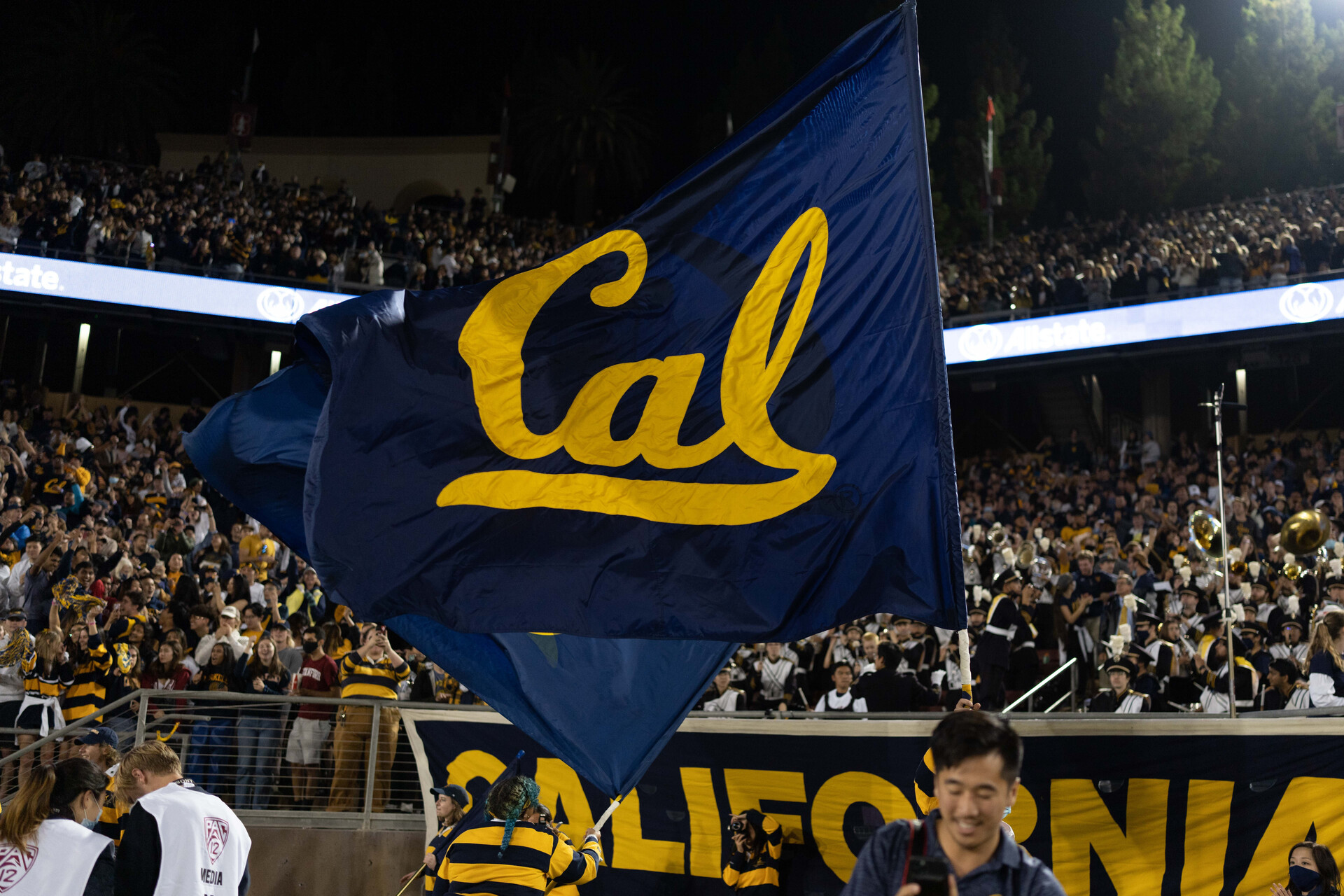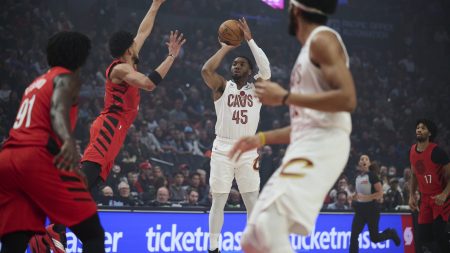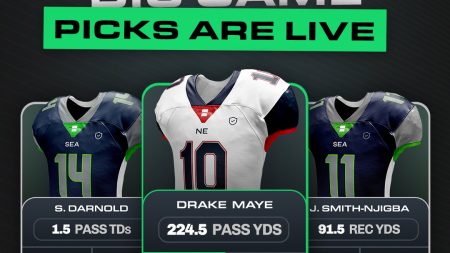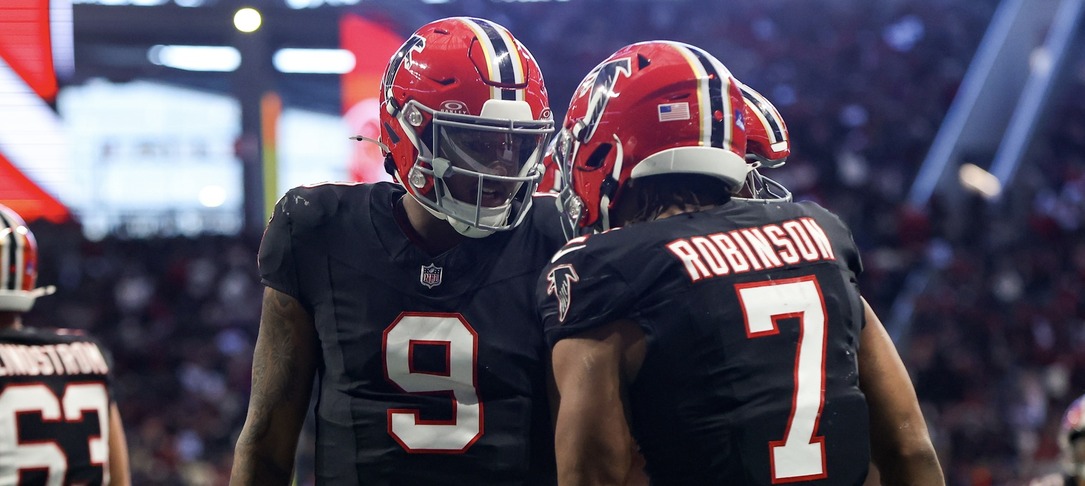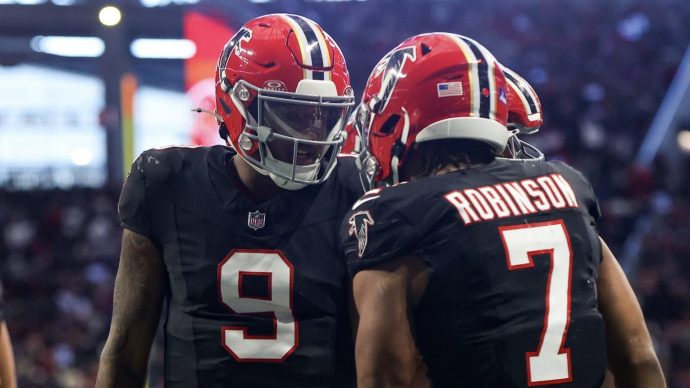It’s official, there will be two California sports betting initiatives on the upcoming November 2022 ballot.
The first, backed by California’s tribes, legalizes retail sportsbooks at tribal casinos and horse racing facilities. The second, supported by commercial sportsbooks, would bring mobile wagering to California via tribal partnerships with national operators like BetMGM, DraftKings, and FanDuel.
That pits California’s powerful gaming tribes against a cadre of sports betting giants eyeing California like a bright-eyed miner in 1849.
Too Many Cooks Spoil The Soup
Having choices is good under most circumstances, but not so much with ballot initiatives. Rather than increase the chance of one proposal passing, the competing proposals and the inundation of ads (more on that in the following section) will almost certainly confuse voters and split votes.
As Head of Government Affairs for Sportradar and former Michigan State Representative Brandt Iden put it:
“…typically, what happens is that when you get one of these high-profile ballot initiatives like California, there will be a tremendous amount of spend from both sides, a lot of positive campaigning and a lot of negative campaigning.
“That means a lot of potential misinformation as voters get inundated with so much information. They’re going to be overwhelmed by the time November rolls around. Unfortunately, I think you end up in a situation, as we’ve seen statistically when there are competing ballot proposals, voters tend to vote no. I’m not saying that will be the case here, but statistically speaking, it favors a no vote on both.”
The result is a difficult path for either initiative.
Even if legal sports betting has two-thirds support in California, 33% of voters will vote no on both. Each initiative will have core supporters while the typical voter makes a knee-jerk decision between the tribal proposal, the mobile proposal, both proposals, and neither. With so many negative ads, most of these votes will likely be split between the two initiatives.
Both Sides Are Ready To Rumble
The two sides do not see eye-to-eye and are expected to collectively spend hundreds of millions of dollars, making sports betting one of — if not the most — expensive referendum question in California history.
The bulk of the spending will be attack ads. In April, Viamedia reported a Q1 increase of 3,399% in California political ad spend compared to Q1 2018. The surge in advertising was attributed to an “explosion of issues spending around climate change and gambling.”
The tribal coalition and its supporters have resurrected the messaging of Sheldon Adelson as they try to secure exclusive control of sports betting in the Golden State.
“The Corporate Online Gambling Proposition would legalize online and mobile sports gambling – turning virtually every cell phone, laptop, tablet, and gaming console into a gambling device, increasing the risks of underage and problem gambling,” said Tribal Chairman Cody Martinez, Sycuan Band of the Kumeyaay Nation. “We will run a vigorous campaign against this measure and are confident the voters will see through the deceptive promises being made by these out-of-state gambling corporations.”
Meanwhile, the backers of the mobile sports betting initiative have labeled the tribes’ tactics as fear-mongering and perpetuating myths about online gambling.
“… there is really no evidence that legalizing online gaming, sports betting, or poker creates a worse environment for underage consumers than the black market,” John Pappas, a lobbyist representing iDEA Growth said. “It’s really fear-mongering. It goes to the base concerns of most Americans who don’t want kids gambling.”
Going Under The Hood Of The Two Initiatives
Per its summary, The Tribal Initiative “allows on-site sports wagering at only privately operated horse-racing tracks in four specified counties for persons 21 years or older. Imposes 10% tax on sports-wagering profits at horse-racing tracks.”
The Mobile Initiative summary reads, “Legalizes online and mobile sports wagering… Such wagering may be offered only by federally recognized Indian tribes and eligible businesses that contract with them… Imposes 10% tax on sports-wagering revenues and licensing fees.”
The Tribal Initiative is low revenue, as it’s retail-only and imposes a 10% tax on revenue only at racetracks, not at tribal casinos. Tribes have stated they will pay the same 10% tax, but the revenue from retail betting would make this a trivial amount.
The Mobile Initiative would be a decent moneymaker as mobile betting will generate more revenue, and the 10% tax is across the board. Further, it imposes an up-front licensing fee of $100 million for a “qualified gaming operator” and $10 million for a tribe. But there is a catch. The initiative contains a clawback provision that allows operators to deduct 20% of their hefty licensing costs from tax revenue. Coupled with promotional deductions, the ongoing tax revenue would be close to zero.
The Tribal Initiative also goes beyond sports betting, as it would authorize craps and roulette at tribal casinos, currently prohibited games. It also opens the door for legal action against California’s cardrooms, which have long been at odds with tribes over certain exclusive-to-tribal-casino games offered at cardrooms through a loophole.
The tribal Initiative states as one of its aims: “Protecting public safety by strengthening the enforcement of California’s current gambling laws to allow Californians to hold illegal gambling activities and operations accountable.”

